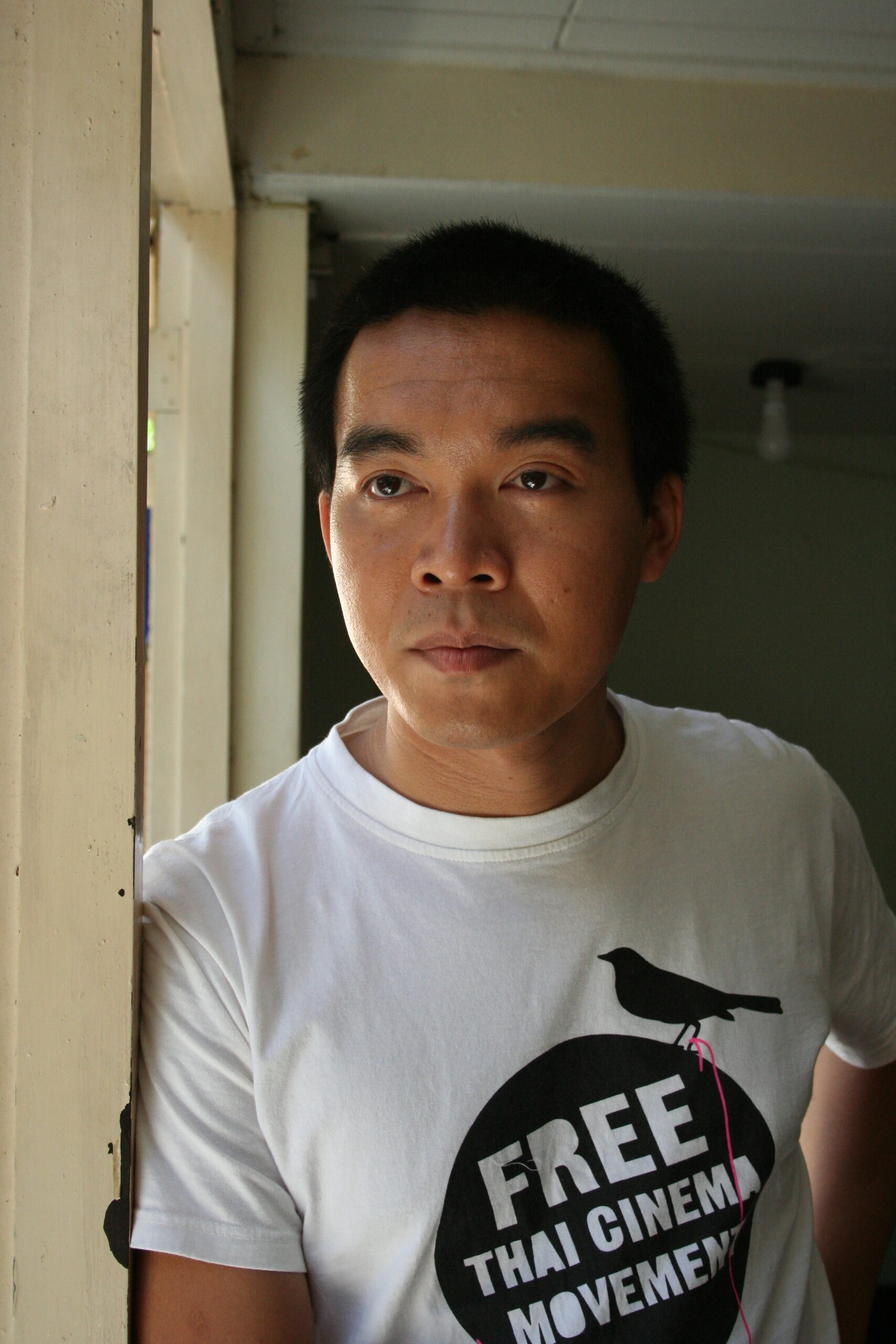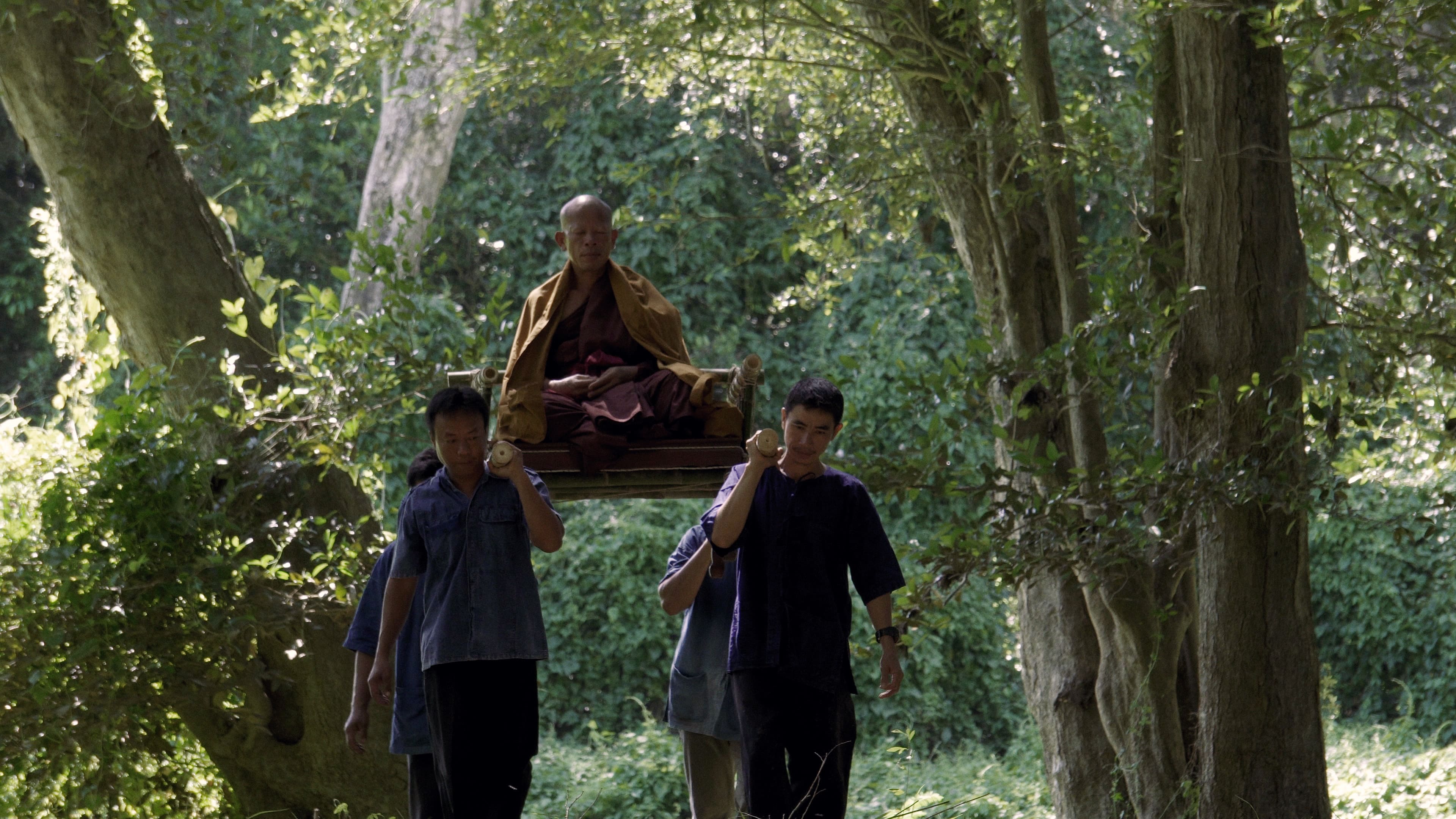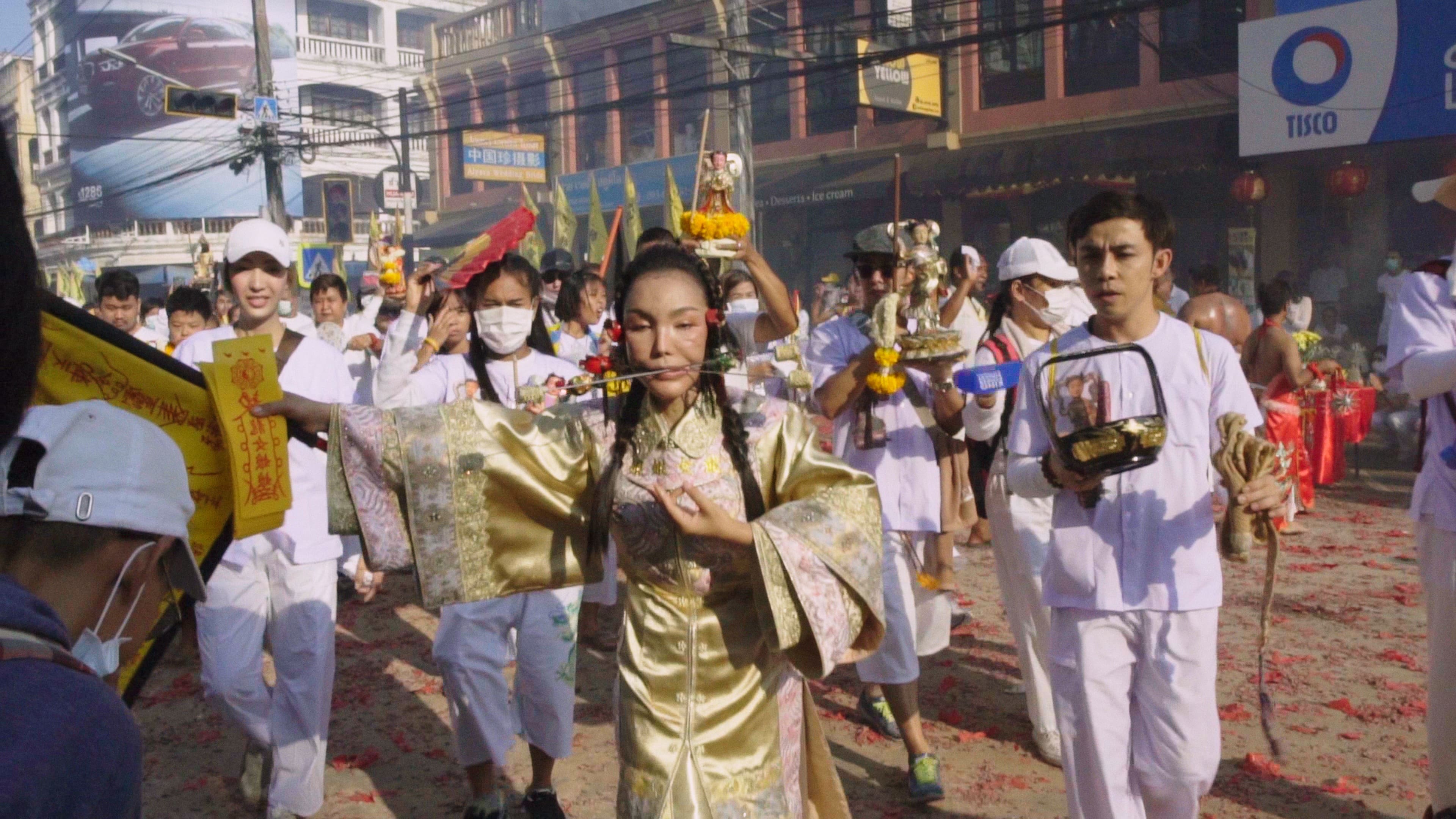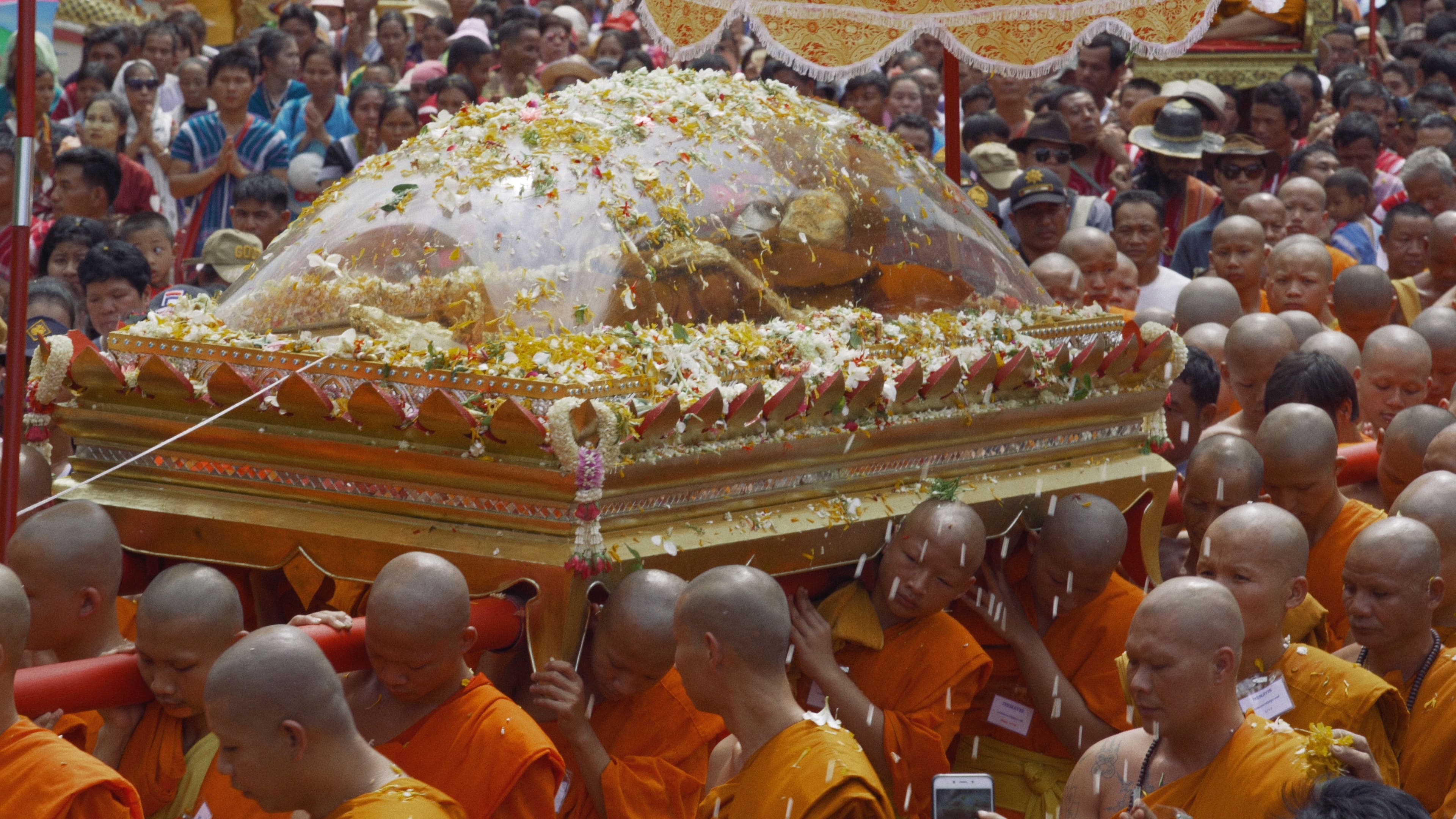Worship
Uruphong RAKSASAD
- Thailand
- 2021
- 98min
- 12 +
- DCP
- color
KP
Synopsis
Many Thais suffering from poverty choose the lottery over labor or frugality to get out of poverty. For them, religion is the only way to bring that luck and happiness. With a delicate sense, the film portrays humans surrounding Buddhist rituals from an anthropological perspective. Its dense images and sounds contain insight into how religious rituals make people forget not only their own hardships but also the political convulsions of Thai society.
Review
Produced with the support of international film organizations and the Thai Ministry of Culture, Worship captures the secularization of various religious events including Buddhism, as well as landscapes throughout Thailand. At the same time, it describes with dramatic scenes “the only one (der Einzelne)” that reaches nirvana out of the mundane world. It encourages identification with “the only one” and makes critical distance from the aspects presented as tragic. In fact, it is not easy to support religion that has already been incorporated into the market economy. Here, religion, which is exchanged for money and stereotyped to enable mass production and consumption, is more like a commodity. However, in the second half of the film, something happens where one becomes immersed in this secular aspect. In the midst of the dazzling step printing and slow motion, the sound from the site is removed and the background music is heightened, and the intensity of the image overwhelms the critical distance. At this moment, the bloody, smoke-filled religious ceremony was reminiscent of a protest site (in Thailand), evoking other possibilities of the secular world—and a film that only seemed to deliver a simple message based on self-orientalism and dichotomous structure becomes a counter-self-folklore.
Director
-

Uruphong RAKSASAD
Uruphong Raksasad’s films revolve around the lives and hardships of Thai farmers and villagers. His feature film, Agrarian Utopia(2009) has screened over 100 film festivals worldwide and recent film The Songs of Rice (2014) is the final part of his “Rice Trilogy".


